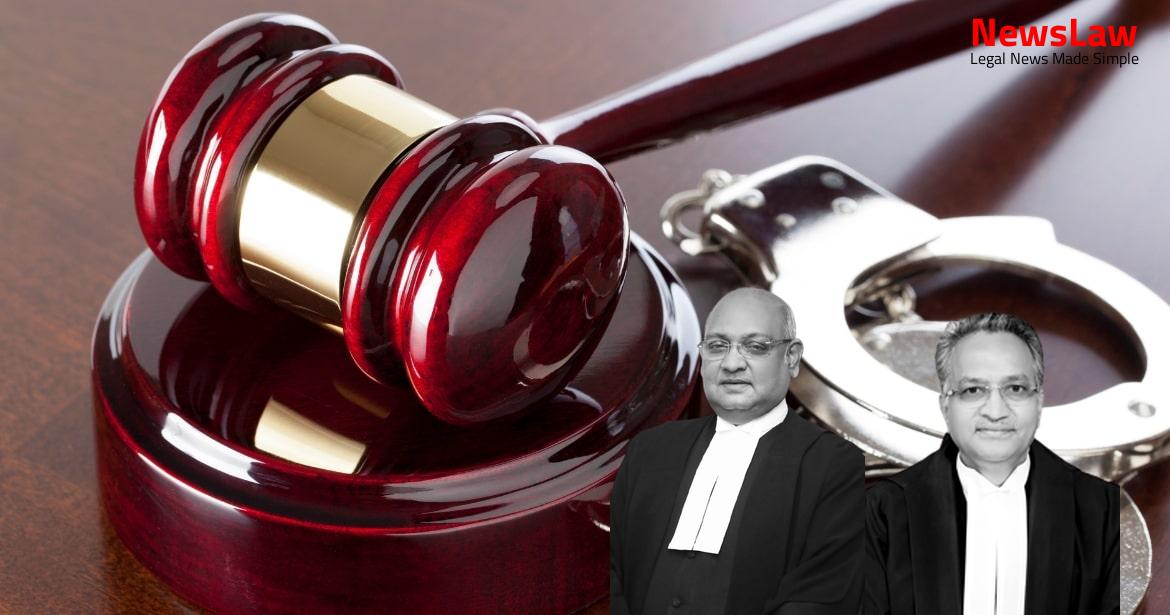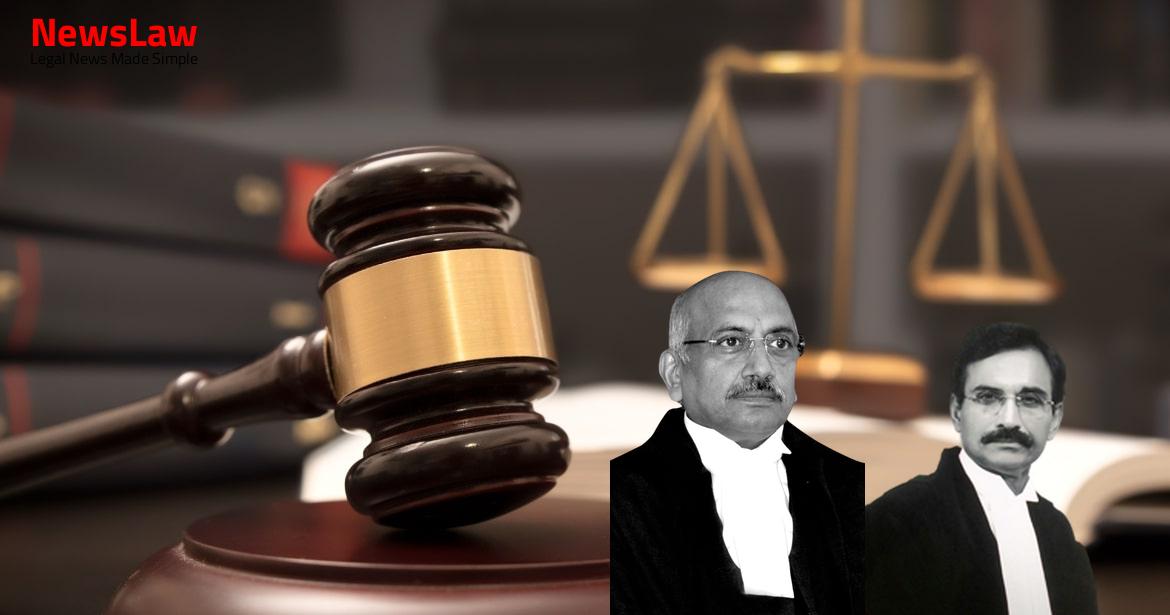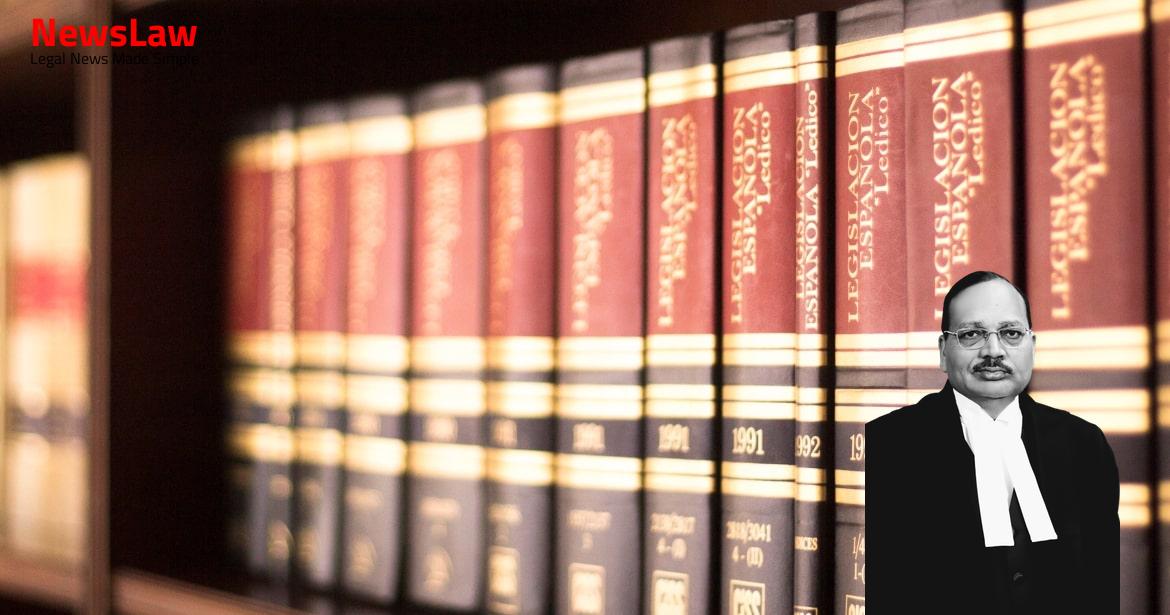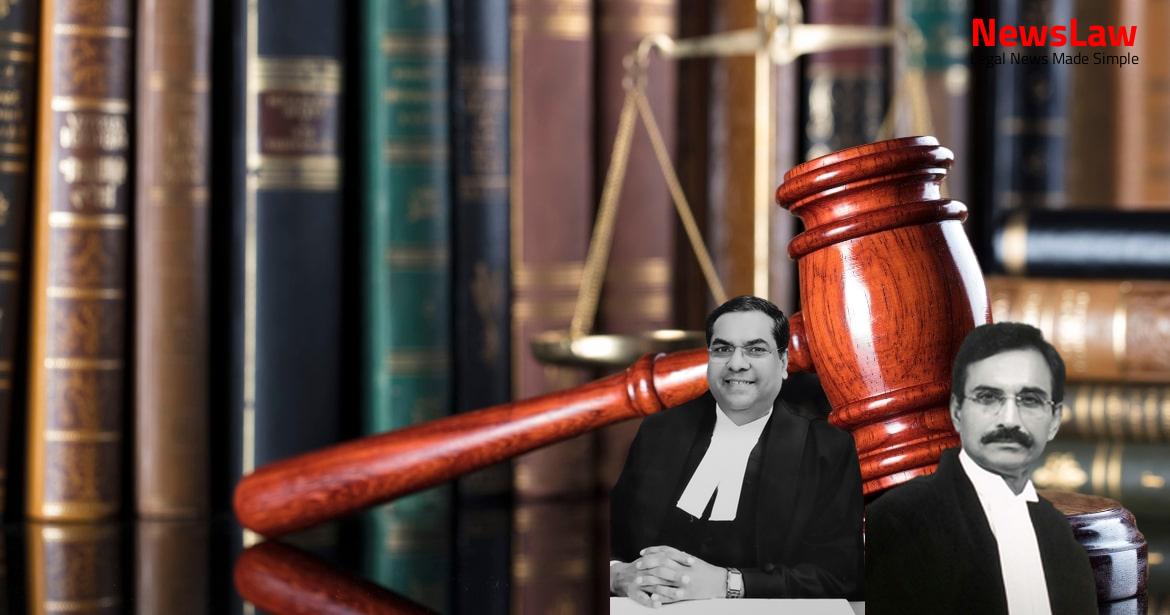Delve into the intricate legal analysis of reservations in local self-government bodies as discussed by a recent court judgement. The focus is on the distinction between constitutional reservation for SCs/STs and statutory reservation for OBCs, the importance of proportionate reservation, adherence to the 50% aggregate limit, and the need for updated empirical data. The judgement calls for a reevaluation of reservation policies and highlights the constitutional validity of reservation provisions for backward classes in panchayats and municipalities. Stay tuned for more insights on this intriguing legal case!
Issue
- The contentious issues in this case involve the constitutionality of Article 243-D(6) and Article 243-T(6) which provide for reservations in favor of backward classes for occupying seats and chairperson positions in panchayats and municipalities.
- The key question to be addressed is whether these provisions are constitutionally valid.
- The submissions made by the parties will be considered to arrive at a determination on the validity of these reservation provisions.
Also Read: Legal Analysis on Diplomatic Immunity Exception Case
Analysis
- The judgement focuses on the reservation for Other Backward Classes (OBCs) in local self-government bodies.
- It highlights the distinction between constitutional reservation for SCs/STs and statutory reservation for OBCs.
- Emphasizes the need for a dedicated Commission to conduct an empirical inquiry into the nature and implications of backwardness for OBC reservation.
- Mentions the importance of proportionate reservation and adherence to the 50% aggregate limit for SCs/STs/OBCs combined.
- Raises concerns about reservations exceeding 50% in certain districts and the necessity for updated empirical data for decision-making.
- Suggests that the State must reconfigure reservation policies to align with the Constitution Bench’s guidelines.
- Calls for a fresh look at policy-making regarding reservations in local self-government bodies in light of the judgement.
- Underscores the need for specificity and empirical backing in identifying backward classes for reservation purposes.
- Seats in Zilla Parishads and Panchayat Samitis are reserved for Scheduled Castes, Scheduled Tribes, Backward Class citizens, and women as determined by the State Election Commission.
- The number of reserved seats for Scheduled Castes and Scheduled Tribes in a Zilla Parishad is based on the proportion of their population in the area.
- In Zilla Parishads entirely comprising Scheduled Areas, at least one-half of the total seats must be reserved for Scheduled Tribes.
- Reservation for Scheduled Tribes in Zilla Parishads partially falling in Scheduled Areas follows the same provisions as those entirely in Scheduled Areas.
- 27% of seats are reserved for Backward Class citizens in Zilla Parishads and Panchayat Samitis.
- Half of the reserved seats for Backward Class citizens must be allocated to women from this category.
- Overall, half the total reserved seats must be allocated to women from Scheduled Castes, Scheduled Tribes, and Backward Class citizens.
- The division of districts into electoral divisions for election purposes must ensure equitable representation based on population distribution.
- The ratio between population and the total number of Councillors to be elected should be as consistent as possible throughout the Zilla Parishad area.
- Explanation on why it may be necessary to provide reservations exceeding 50% of seats in local self-governments located in the Scheduled Area for Scheduled Tribes.
- Cautions against raising concerns about disproportionate reservations unless through specific challenges against State legislations.
- Differentiation between reservations in local self-government, higher education, and public employment.
- Mention of Article 243-D(6) and Article 243-T(6) as constitutionally valid provisions enabling State Legislatures to reserve seats in favor of backward classes.
- Recognition of exceptional treatment in certain circumstances for reservations exceeding 50% in public employment.
- The upper limit of 50% prescribed in the case of Indra Sawhney (supra) is highlighted due to Article 16(4) dealing with reservations.
- The challenge to the validity of Section 12(2)(c) of the 1961 Act is negatived.
- Participation in the elections conducted since December 2019 to the concerned local bodies across the State of Maharashtra was on the understanding that the results of the reserved seats for OBCs would be subject to the outcome of the writ petitions.
- This understanding was clearly notified by the State Election Commission in the election programme published at the relevant time, following the interim orders given by the Court.
Also Read: Autonomy of Private Unaided Schools in Fee Determination
Decision
- The provision regarding reservation in favor of OBCs in local bodies is read down to mean that it should not exceed 50% of the total seats reserved for SCs/STs/OBCs combined.
- State Election Commission to announce elections for vacated seats in local bodies within two weeks to be filled by general/open category candidates.
- Respondent-State directed to file a consolidated affidavit addressing the raised issues within three weeks to be served to the concerned petitioners/applicants.
- The directive clarifies that the consolidated affidavit will be common for all petitioners and applications.
- Expression ‘shall be’ in Section 12(2)(c) is construed as ‘may be’ allowing reservation for OBCs up to 27%, subject to a 50% limit for SCs/STs/OBCs combined.
- Follow-up steps based on notifications providing OBC reservation are declared null in law, and the seats are deemed vacated by the concerned candidates.
- The writ petitions succeed partly with no order as to costs and all pending applications are disposed of.
- Impugned notifications/orders providing OBC reservations are quashed, including those mentioned to be subject to the writ petitions’ outcome.
- The consolidated affidavit dated 04.02.2021 is referenced in the judgement.
Also Read: Land Ownership Dispute Legal Analysis
Case Title: VIKAS KISHANRAO GAWALI Vs. THE STATE OF MAHARASHTRA (2021 INSC 150)
Case Number: W.P.(C) No.-000980 / 2019



